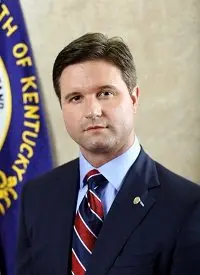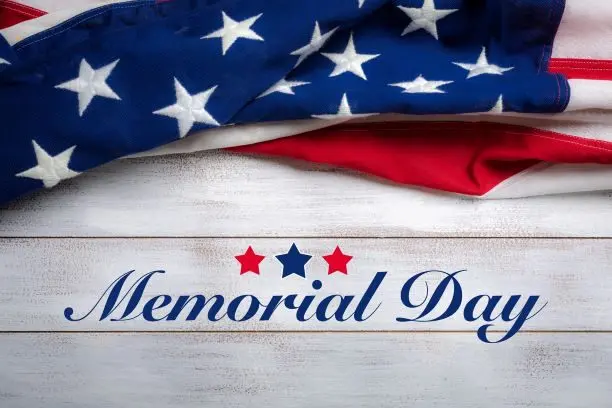FRANKFORT – Each fall, just a few weeks before Domestic Violence Awareness Month begins in October, many of the nation’s programs that serve those who have been battered or abused take a real-time census of their work over a 24-hour period. By focusing on an otherwise normal day, we can better see the tragic reach of one of society’s most enduring problems.
The most recent findings come from Sept. 14, 2016. On that Wednesday, these programs helped nearly 73,000 victims, with more than
1,100 of those here in Kentucky. About 700 of them were protected in our shelters or transitional housing, while nearly 370 others received such assistance as counseling or legal aid. Nearly 50 more, however, could not be helped, at least that day, because there was not enough space or resources.
The United States began addressing domestic violence in a comprehensive way in the late 1960s. Kentucky took a major step forward in 1971, when the first rape crisis center opened, and five years later, the General Assembly passed a law requiring the public to report any known or suspected cases of abuse or neglect. A year after that, the first spousal-abuse shelter opened in Louisville.
By the mid-1980s — when Domestic Violence Awareness Month was first recognized nationally — we had shelters in all 15 area development
districts. Around that time, Kentucky also authorized domestic violence orders (DVO), which the courts use to give victims an added layer of protection from those potentially seeking to harm them.
In the years since then, legislators have done such other things as bar insurers from discriminating against domestic violence victims; increase training for law enforcement; and crack down on repeat offenders. More recently, we extended protective orders to include victims of dating violence, stalking and sexual assault; and we made it easier for those covered by these types of orders to obtain concealed carry permits if they worried for their safety. We also set the stage to end a backlog of 3,000 untested rape kits, while ensuring
future kits are handled much more quickly.
Some of our initiatives made Kentucky a pioneer when it comes to protecting victims of violence. We were the first state in the nation, for example, to let victims quickly know if their offender is released from jail or has seen any other substantive change in his or her case. This system is also used to notify those with a protective order if their offender has bought a gun.
In the academic study of domestic violence, meanwhile, the University of Kentucky’s Center for Research on Violence Against Women plays a leading role.
As noteworthy as all of these gains are, there is plenty of evidence indicating more needs to be done. Over the last year alone, two dozen victims across the commonwealth were killed because of domestic violence, while one national study found that a third of women are attacked or stalked by a partner at some point in their lifetime. There are also millions of children who are adversely affected and billions of dollars lost to cover health, economic and criminal justice expenses associated with domestic violence. One way or another, we all pay a high price. There is help if you are a victim or know someone who is. The National Domestic Violence Hotline is 1-800-799-SAFE (7233), and the adult and child abuse reporting hot line is 877-597-2331. The Kentucky Coalition Against Domestic Violence has more information online (kcadv.org), as do our local shelters, the Kentucky Attorney General’s office and the Kentucky Cabinet for Health and Family Services.
If you’d like to donate to a good cause, KCADV is taking part in what is known at the Purple Purse Challenge. Every dollar raised goes to its emergency fund, which helps domestic violence survivors struggling to pay for such things as car repairs or rent. $31,000 was raised last year, and it helped 91 survivors. To learn more, visit www.crowdrise.com/kcadv.
Meanwhile, if you would like to contact me regarding this or any other issue affecting Kentucky, I am easy to reach. My address is Room 424D, Capitol Annex, 702 Capitol Avenue, Frankfort KY 40601; or you can email me at Will.Coursey@lrc.ky.gov.
To leave a message for me or for any legislator, call toll-free at 800-372-7181. For those with a hearing impairment, the number is 800-896 0305.






